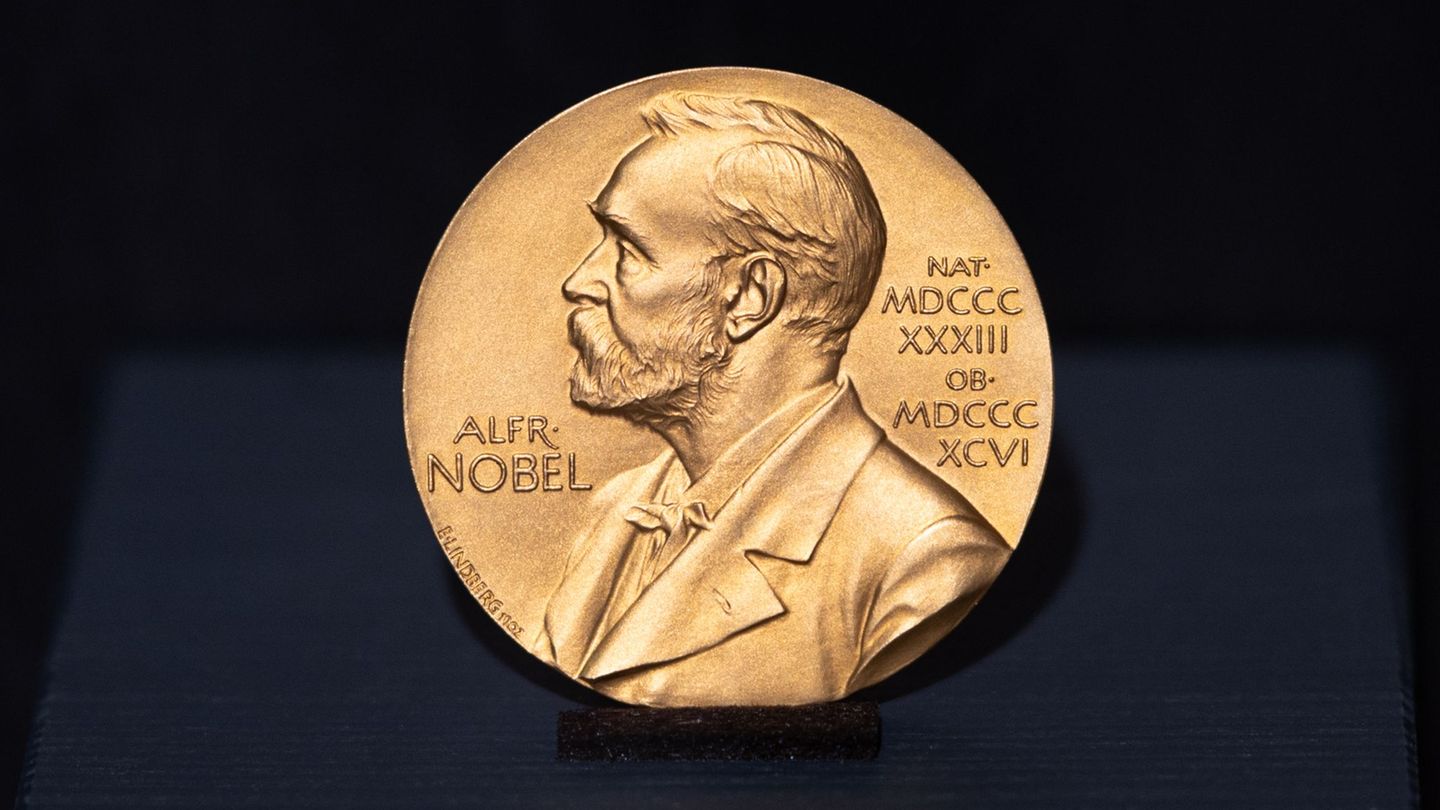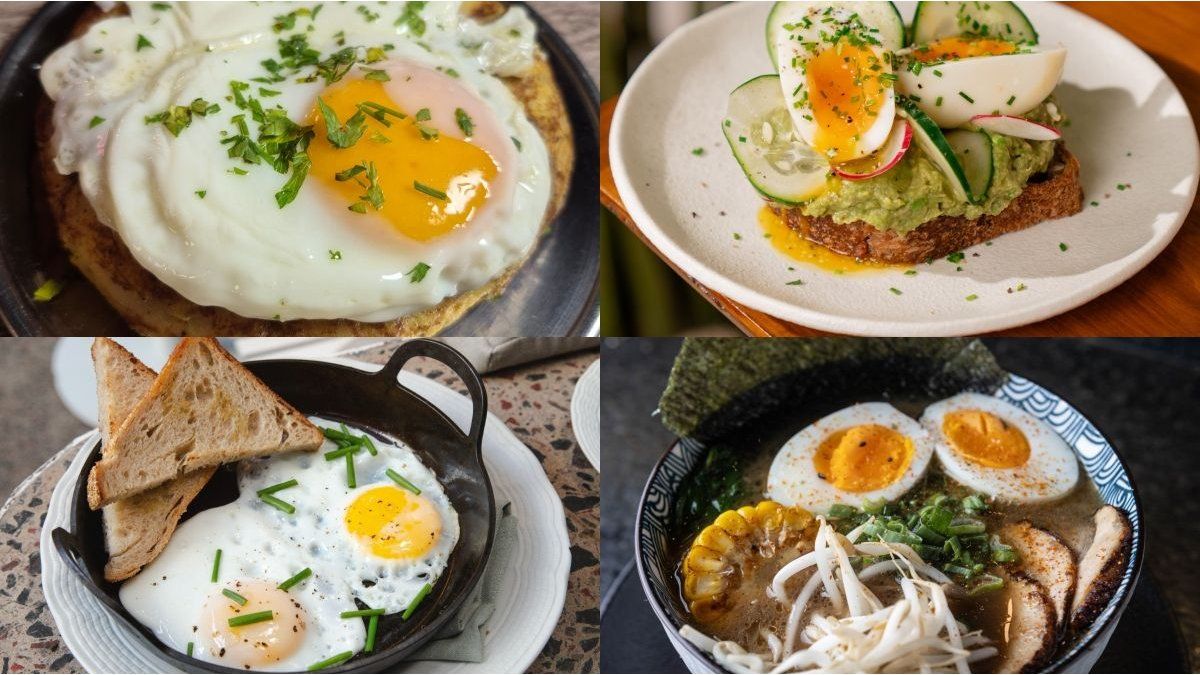With more than 40,000 new infections every day, Russia is deeper in the pandemic than ever before. With days off, President Putin wants to get the situation under control.
In view of the dramatically high Corona numbers, the communication of protective measures in Russia has once again become a top priority. And the boss seems annoyed. When President Vladimir Putin recently addressed the people, he first sighed deeply.
“Dear friends,” says Putin – and reminds his compatriots that they should please go into self-isolation immediately if they have had contact with someone infected. Then he agreed to the government’s proposal: Putin ordered the whole country to have at least a week off work until November 7th.
While some European countries now have vaccination rates of more than 70 percent, Russia is being hit harder by the pandemic than ever before. There are always new highs. Once again, the authorities registered more than 40,000 new infections and more than 1,000 deaths within 24 hours at the beginning of the week. “There has never been anything like it,” says Putin. The hospitals are at their limit in many places, undertakers overhauled. The Rosstat statistical office reports a massive population decline.
Despite having five vaccines of its own
In this disaster, of all places, is sinking into a country that has five vaccines of its own. A country that not only approved the world’s first vaccine, but also the “world’s best”, as Putin Sputnik V once praised. But so far only around a third of the 146 million Russians have been fully vaccinated.
Even after months of testing, Sputnik V has not yet been approved by the European Medicines Agency (EMA) or the World Health Organization (WHO). Many are skeptical. “This is my body, I decide for myself what comes in,” says a Moscow craftsman. An elderly citizen says that she would like to have the Biontech / Pfizer vaccine, which is not approved in Russia, injected – “but please not Sputnik”.
There is a lack of trust
Meanwhile, there is truly no shortage of vaccination advertising in the largest country on earth – whether on street posters or on state television. The well-known doctor Dennis Prozenko recently appealed to the Russians to get immunized. But many people do not trust the announcements from above.
On the one hand, this is due to the official figures, which do not reflect reality, says statistician Alexej Rakscha in an interview. In addition, high-ranking politicians have let their role model function too often – for example when wearing a mask. Putin, for example, who in view of the current situation did not travel to either the G20 summit or the world climate conference, can never be seen wearing mouth and nose protection. Ordinary citizens, on the other hand, face a penalty if they are caught without a mask.
And finally, politicians and officials too often contradict each other in their recommendations, as Raksha criticizes. «What is truth, what is a lie – the people are now totally confused. And unfortunately all of this fell on very fertile soil of a post-socialist, post-Soviet anti-vaccination attitude. “
Putin wants to be the good one
Political scientist Tatiana Stanowaja also criticizes that Putin has distanced himself far from the people and that Corona decisions are often passed on to regions and the government. The president wants to appear as good in front of his people, she writes on Telegram – “at the expense of the lives of this population”.
And so the Russian corona management often appears inconsistent and chaotic. For the first time, cars and apartments are raffled off in Moscow to get people to be vaccinated. Then again hundreds of crowded and without masks celebrate the European Football Championship in St. Petersburg in the summer. Sometimes it is said that Russia weathered the pandemic better than other countries – everything is under control. Then again, the disastrous case numbers at least raise considerable doubts about this presentation.
In Moscow and St. Petersburg, where the situation is particularly dire, a partial lockdown has now begun parallel to the non-working period, but this is not officially called that. With a few exceptions, only supermarkets and pharmacies are open. How it will go on after the week is unclear. If QR codes were introduced in restaurants or in local public transport as proof of vaccination and recovery, foreigners, among others, would have a problem: Many of them are not registered in the Russian health system and therefore cannot easily get a code.
No compulsory vaccination
Regarding the possibility of a mandatory vaccination – in many regions there are already those for certain occupational groups – no decision has yet been made, says Kremlin spokesman Dmitri Peskov. Shortly before, Putin spoke out against it. Reason: «Every imposed decision can be circumvented. Then they will buy the certificates. “
In addition to clear announcements, there is above all a lack of public discourse about corona restrictions that could make them more understandable for citizens. And so for many it seems now almost good form to cheat around regulations. The obligatory mask in the metro is worn – but it often hangs under the chin. After the announcement of the non-working time, which should actually be spent in close family circles, the media reported an increase in flight bookings, citing ticket portals.
After all: the prospect of QR codes that may be required in large parts of public life has led to an increase in the rate of vaccinations. Health Minister Michail Muraschko says that has quadrupled in the past few days. But here, too, the next problem is not long in coming: There are now reports from several regions of a shortage of Sputnik Light – the version of the Sputnik preparation that requires at least one injection to obtain a vaccination certificate.
Source From: Stern
David William is a talented author who has made a name for himself in the world of writing. He is a professional author who writes on a wide range of topics, from general interest to opinion news. David is currently working as a writer at 24 hours worlds where he brings his unique perspective and in-depth research to his articles, making them both informative and engaging.




